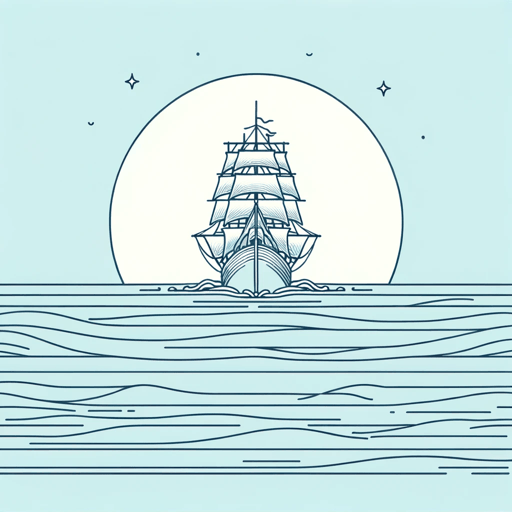18 pages • 36 minutes read
Emily DickinsonWild Nights Wild Nights
Fiction | Poem | Adult | Published in 1891A modern alternative to SparkNotes and CliffsNotes, SuperSummary offers high-quality Study Guides with detailed chapter summaries and analysis of major themes, characters, and more.
Symbols & Motifs
Wild Nights Symbolize Possibility and Union
Wild nights don’t symbolize typical wild nights. There’s no alcohol, drugs, parties, or explicit sex—instead, wild nights symbolize possibility. The speaker states, “Were I with thee / Wild nights should be / Our luxury!” (Lines 2-4). The declaration centers on the modal verb “were.” The speaker and the addressee aren’t together, so the wild nights represent what might happen when they meet in the physical world. The possibilities are intense and continue to subvert the conventional notion of a wild night. A wild night isn’t a night but an adventure at sea. Thus, “wild” has a literal meaning. The speaker and the addressee defy containment. They elude easy categorization and become something else. The wildness allows the speaker to be a ship or ship’s captain, and it lets the addressee symbolize the sea and the Garden of Eden.
The wild nights also symbolize union. What makes the night wild is the bond between the speaker and the addressee. They’re in an item––together, they create wild nights. The naval metaphor bolsters the symbolism, as boats exist only to traverse water and have no other purpose. The speaker joins themself to the addressee and implies that they exist to be together.
Related Titles
By Emily Dickinson
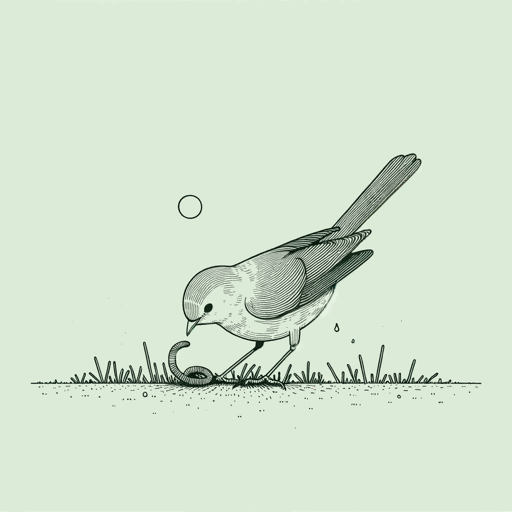
A Bird, came down the Walk
Emily Dickinson
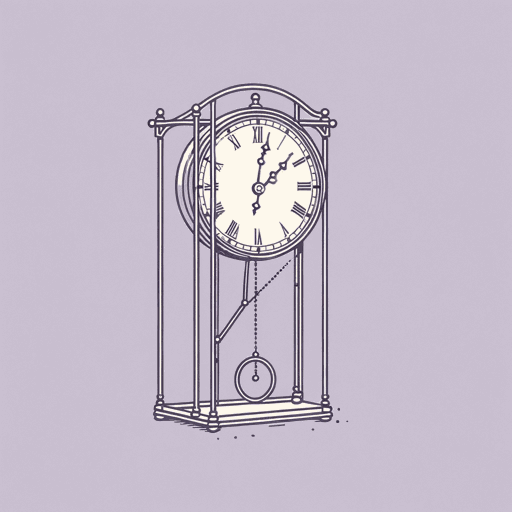
A Clock stopped—
Emily Dickinson
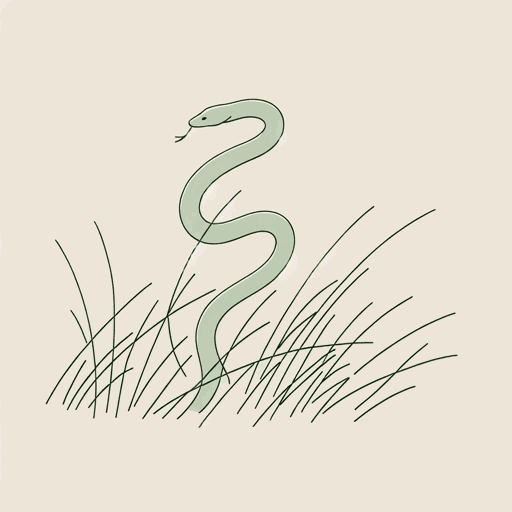
A narrow Fellow in the Grass (1096)
Emily Dickinson
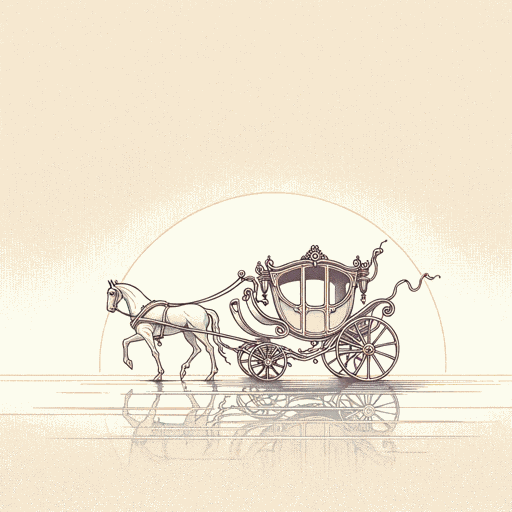
Because I Could Not Stop for Death
Emily Dickinson

"Faith" is a fine invention
Emily Dickinson
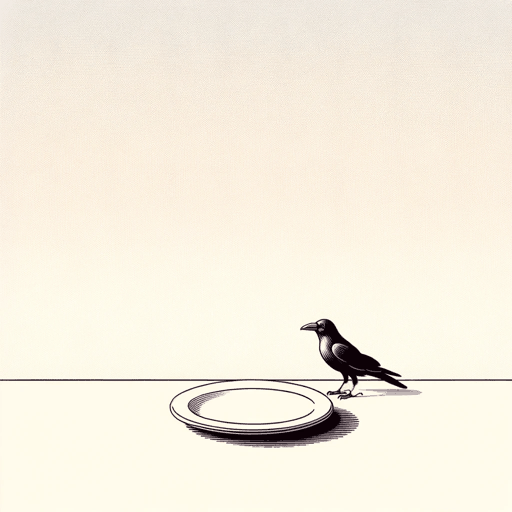
Fame Is a Fickle Food (1702)
Emily Dickinson
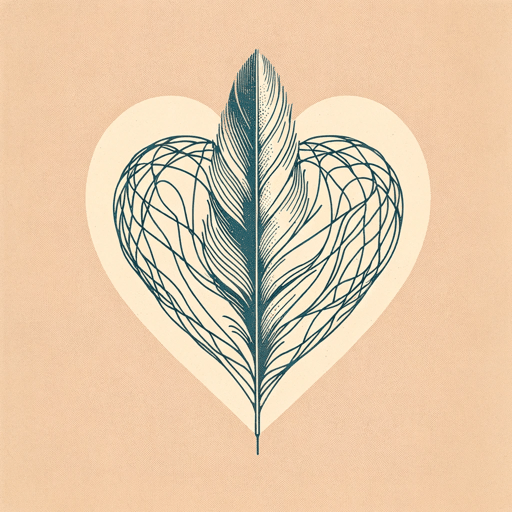
Hope is a strange invention
Emily Dickinson
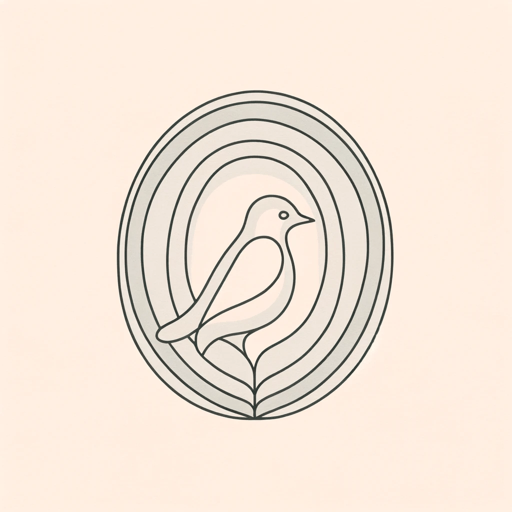
"Hope" Is the Thing with Feathers
Emily Dickinson
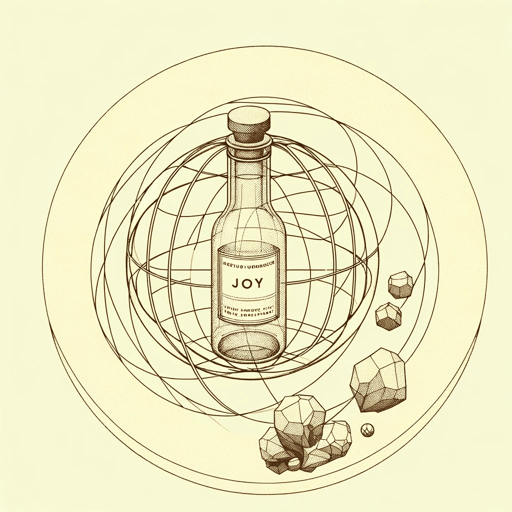
I Can Wade Grief
Emily Dickinson

I Felt a Cleaving in my Mind
Emily Dickinson
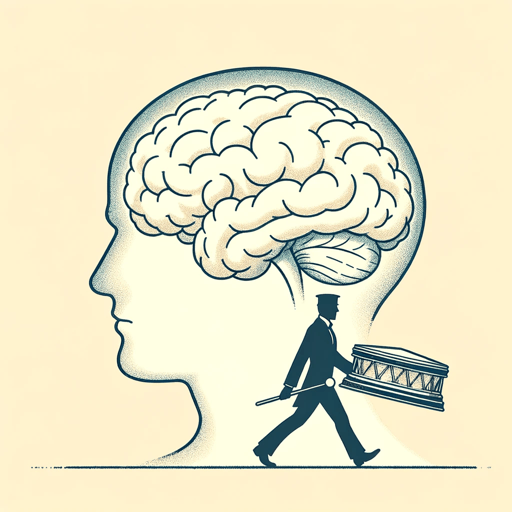
I Felt a Funeral, in My Brain
Emily Dickinson
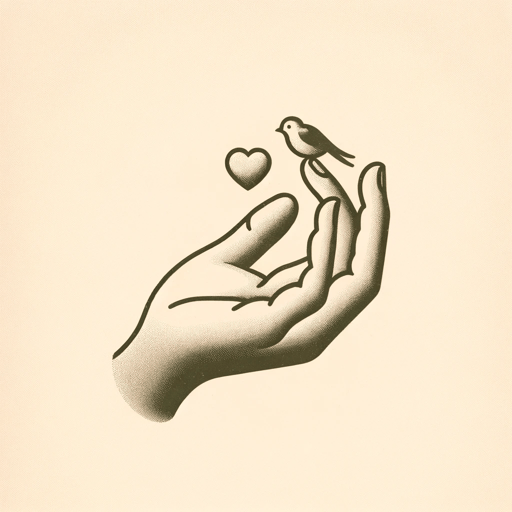
If I Can Stop One Heart from Breaking
Emily Dickinson

If I should die
Emily Dickinson
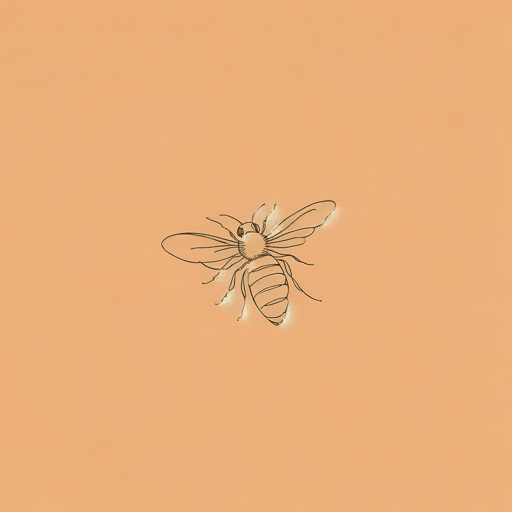
If you were coming in the fall
Emily Dickinson
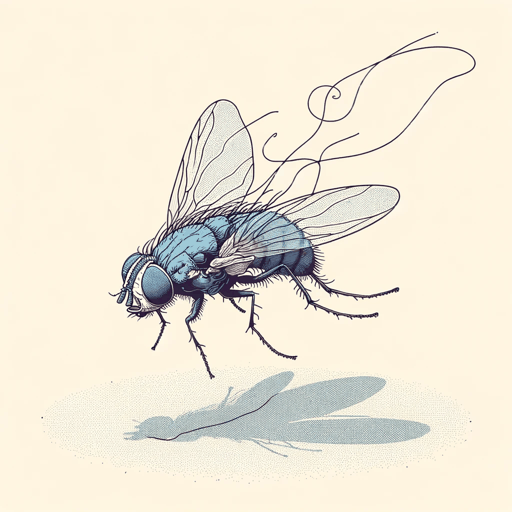
I heard a Fly buzz — when I died
Emily Dickinson
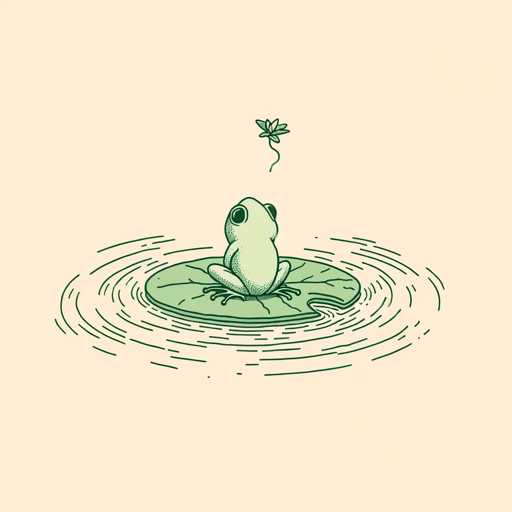
I'm Nobody! Who Are You?
Emily Dickinson
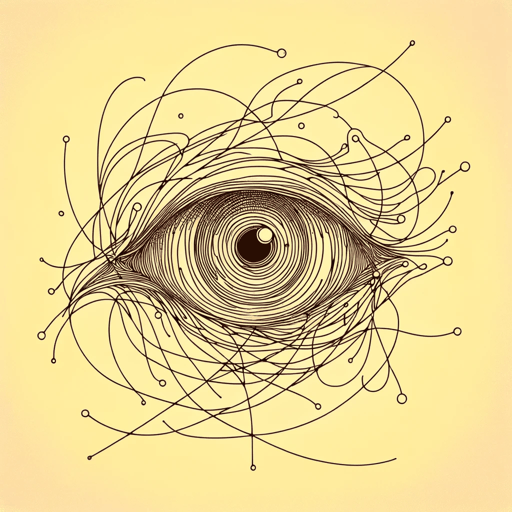
Much Madness is divinest Sense—
Emily Dickinson
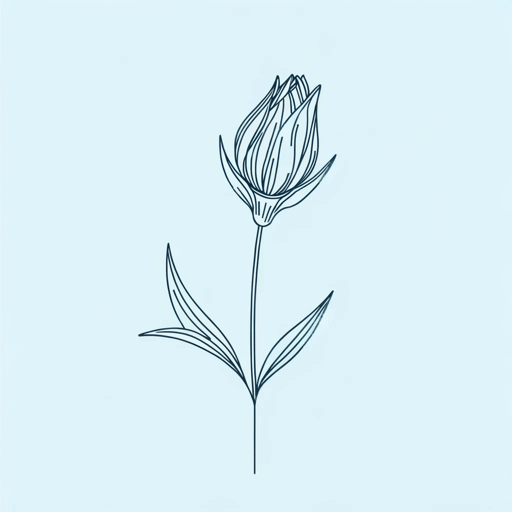
Success Is Counted Sweetest
Emily Dickinson
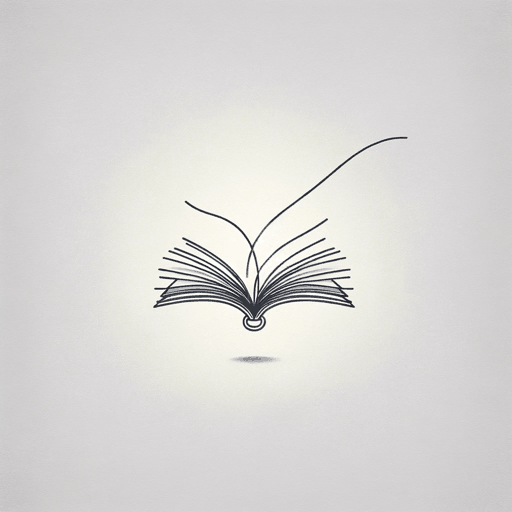
Tell all the truth but tell it slant
Emily Dickinson
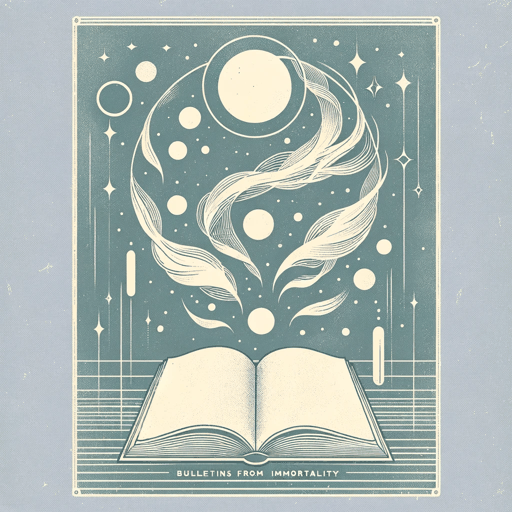
The Only News I Know
Emily Dickinson
